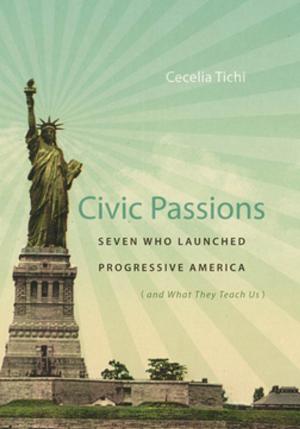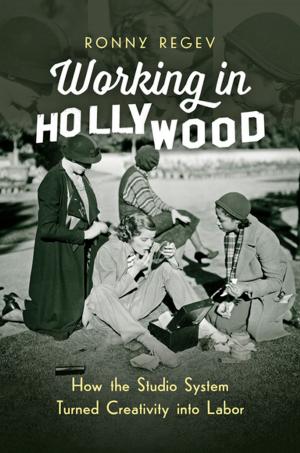Buncombe Bob
The Life and Times of Robert Rice Reynolds
Nonfiction, History, Americas, United States, State & Local, 20th Century, Biography & Memoir, Political| Author: | Julian M. Pleasants | ISBN: | 9780807861073 |
| Publisher: | The University of North Carolina Press | Publication: | July 11, 2003 |
| Imprint: | The University of North Carolina Press | Language: | English |
| Author: | Julian M. Pleasants |
| ISBN: | 9780807861073 |
| Publisher: | The University of North Carolina Press |
| Publication: | July 11, 2003 |
| Imprint: | The University of North Carolina Press |
| Language: | English |
Robert Rice Reynolds (1884-1963), U.S. senator from North Carolina from 1933 to 1945, was one of the most eccentric politicians in American history. His travels, his five marriages, his public faux pas, and his flamboyant campaigns provided years of amusement for his constituents. This political biography rescues Reynolds from his cartoon-character reputation, however, by explaining his political appeal and highlighting his genuine contributions without overlooking his flaws.
Julian Pleasants argues that Reynolds must be understood in the context of Depression-era North Carolina. He capitalized on the discontent of the poverty-stricken lower class by campaigning in tattered clothes while driving a ramshackle Model T--a sharp contrast to his wealthy, chauffeur-driven opponent, incumbent senator Cam Morrison. In office, Reynolds supported Roosevelt's New Deal. Although he was not pro-Nazi, his isolationist stance and his association with virulent right-wingers enraged his constituents and ultimately led to his withdrawal from politics.
Pleasants reveals Reynolds to be a showman of the first order, a skilled practitioner of class politics, and a unique southern politician--the only one who favored the New Deal while advocating isolationist views.
Robert Rice Reynolds (1884-1963), U.S. senator from North Carolina from 1933 to 1945, was one of the most eccentric politicians in American history. His travels, his five marriages, his public faux pas, and his flamboyant campaigns provided years of amusement for his constituents. This political biography rescues Reynolds from his cartoon-character reputation, however, by explaining his political appeal and highlighting his genuine contributions without overlooking his flaws.
Julian Pleasants argues that Reynolds must be understood in the context of Depression-era North Carolina. He capitalized on the discontent of the poverty-stricken lower class by campaigning in tattered clothes while driving a ramshackle Model T--a sharp contrast to his wealthy, chauffeur-driven opponent, incumbent senator Cam Morrison. In office, Reynolds supported Roosevelt's New Deal. Although he was not pro-Nazi, his isolationist stance and his association with virulent right-wingers enraged his constituents and ultimately led to his withdrawal from politics.
Pleasants reveals Reynolds to be a showman of the first order, a skilled practitioner of class politics, and a unique southern politician--the only one who favored the New Deal while advocating isolationist views.















